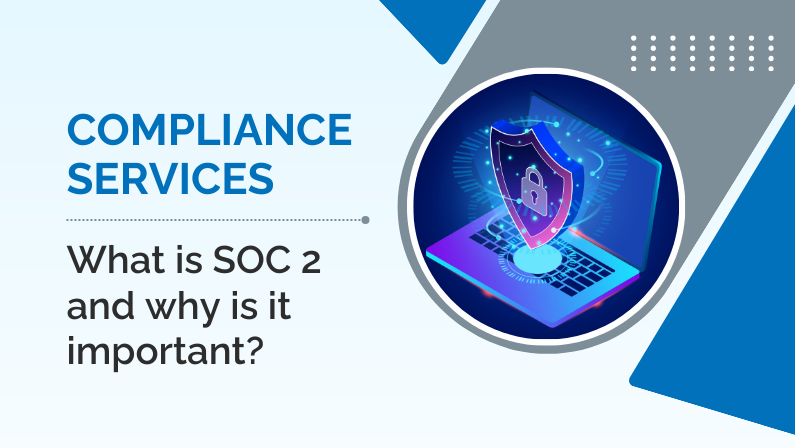Welcome to our compliance series. While it may not be your favorite topic, or your go-to leisure time reading, it remains extremely important, and not staying up to date with current information can impede your ability to conduct business.
This weeks’ compliance standard in focus: SOC 2 (Service Organization Control 2). We are going to take a few minutes to explore why it is crucial for several reasons, primarily in the context of information security and trust:
Data Security and Privacy: SOC 2 is designed to ensure that a service organization manages customer data securely and in a manner that protects the interests of the organization and the privacy of its clients. This is especially important for companies handling sensitive information.
Trust and Credibility: By complying with SOC 2, a company can demonstrate to its clients and stakeholders that it adheres to high standards of security and processing integrity. This builds trust and can be a competitive advantage.
Risk Management: SOC 2 compliance helps organizations identify and mitigate risks related to the handling of data. This proactive approach to risk management can prevent data breaches and other security incidents.
Regulatory Requirements: In some industries, SOC 2 compliance is not just best practice but a regulatory requirement. Non-compliance can lead to legal consequences and damage to a company’s reputation.
Customer Assurance: Clients are increasingly aware of data security issues. By achieving SOC 2 compliance, a company reassures its clients that their data is being handled responsibly.
Market Access: For many businesses, particularly those in the technology sector, SOC 2 compliance is often a prerequisite for doing business. Without it, companies may be excluded from certain markets or partnerships.
Continuous Improvement: The SOC 2 compliance process involves regular audits, which can help organizations continuously improve their controls and processes over time.
SOC 2 compliance is a key aspect of a company’s overall strategy to manage data responsibly, protect against risks, comply with regulations, and build trust with clients and partners.





